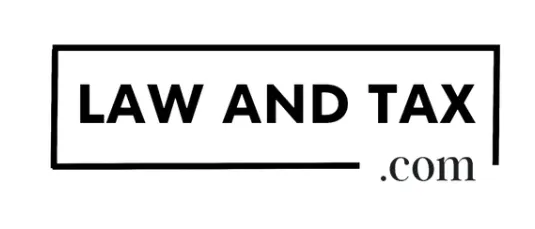Law and Tax Foundation
An Extensive Database Of Estate, Tax, Finance, Nonprofit, Foundation, Insurance, Investment, Stock, Business, Crypto, and Wealth Management Concepts, Strategies, Cases, and Codes To Help Entrepreneurs, Investors, and Professionals Connect The Dots.

10,000+ Cases
We have represented over 10,000 cases in diverse business and legal industries in diverse roles and capacities.

$50m+ Education Grants
We have helped our clients unlock over $50 million in grants and funding from various corporations to advance education.

$5 Billion In Assets
We have helped our clients protect billions of dollars worth of business assets, intellectual property, and personal assets.
Welcome To Law & Tax Foundation
We Help People Connect The Law, Tax, And Finance Dots With The Help Of Cutting-Edge AI Legal & Tax Tools
It's Sidhartha "Sid" Peddinti here.
My mission is to empower people through "law, technology, and philanthropy".
My legal entities were pierced in 2005.
My banks pulled the plug and forced me into the ground.
They seized my assets and flushed me clean.
I filed for a million-dollar bankruptcy at the age of 22.
Then my grandfather died and left us a probate time bomb.
That lasted all through law school.
We watched 60% of his estate destroyed by taxes and fees.
I've lost millions in revenue due to copycats stealing my IP.
I've also lost millions due to poor decisions and outright scams in the investment world.
I’ve even survived snake bites, stingray attacks, house fires, earthquakes, and tornadoes.
Those experiences didn’t break me - they awakened me.
They turned me into a philosopher of life, a legal and tax architect, and a relentless truth seeker.
🧠 What You’ll Find Here
This site is your gateway into a world of decoded legal and tax truths, where we unpack what most professionals don’t tell you - or don’t understand themselves.
I went bankruptcy despite having the top lawyers, accountants, financial advisors, insurance agents, and realtors on my team.
My grandfather's estate went into probate despite having wills, trusts, POA, and all sorts of insurance policies.
The truth is that, despite having all the top experts on your team, a little oversight, poor communication among your advisory teams, and inadequate legal or tax knowledge can destroy all your plans and send you to probate anyway.
You’ll find:
Case law, IRS codes, and hidden traps most planners miss
Advanced research, strategic hacks, and implementation roadmaps
A library of videos, blogs, tools, publications, and in-depth courses
Real-world examples of structures that failed — and how to fix them
🤖 And Yes — We Use AI. A Lot.
Since 2014, I’ve been building AI tools and legal tech apps:
One measured referral ROI metrics for ecommerce firms
One created smart operating agreements for tech firms
One digitized thousands of contracts for a Fortune 500 company (Hulu)
One built and digitized educational nonprofit
And now, the one that blends them all: The Mythbuster AI™: An AI assistant trained on business and estate law, tax code, estate traps, insurance myths, and legacy strategy (over 10,000 cases, publications, codes, and applications trained and processed).
📍This isn’t theory.
It’s a culmination of pain, research, rebuilding, and innovation.
Explore the site. Watch the videos. Use the tools.
And protect what you’ve built - before it’s too late.
Talk soon,
Sidhartha, Esq.
BA, BIA, LLB/JD, LLM
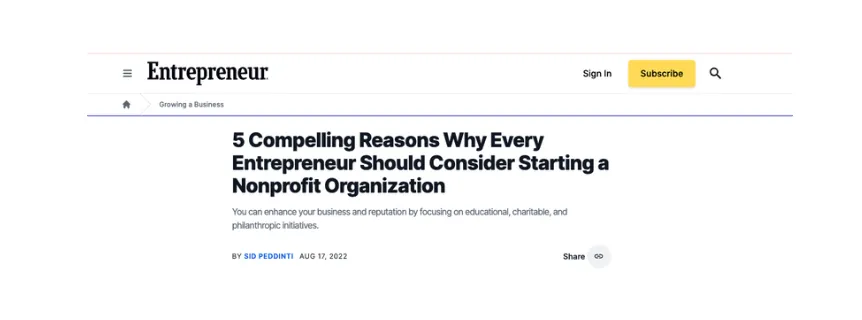
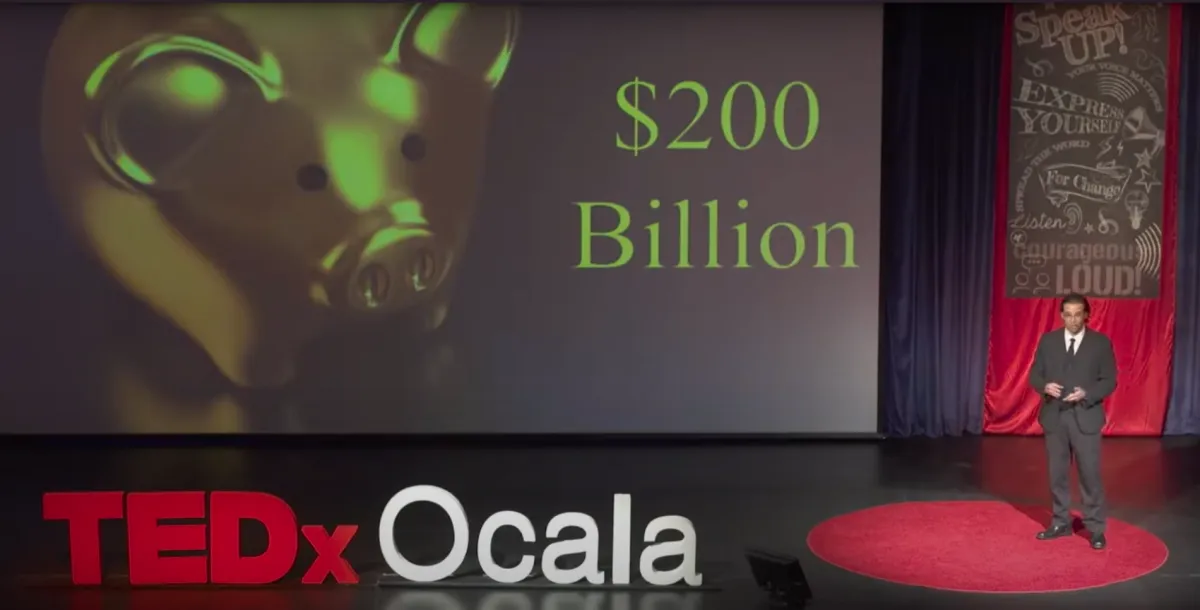
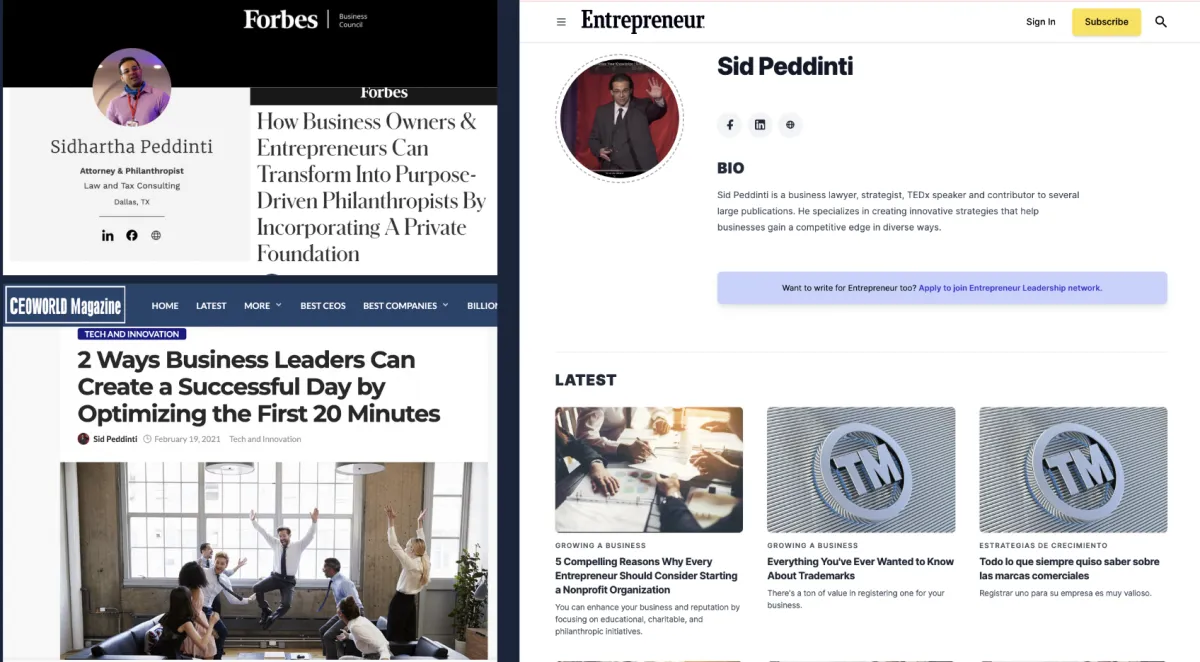
Upcoming Events
Our affiliate courses are designed by experts who have years of experience and proven results in the affiliate marketing industry.
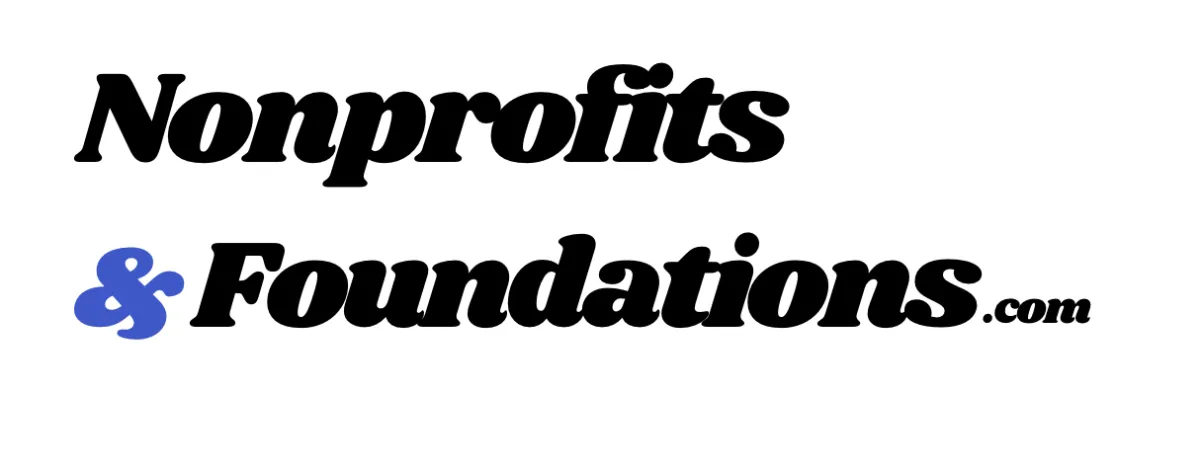
4: Charitable Tax Deductions: Unlocking Benefits for Individuals, Corporations, and Foundations
Charitable tax deductions are among the most flexible and powerful tools available to both individuals and organizations. For individuals, one of the most beneficial strategies is donating appreciated assets like stocks, real estate, or other investments.
By doing so, individuals can enjoy a double benefit: first, they avoid the capital gains taxes that would have been incurred from selling those assets, and second, they receive a charitable deduction based on the full market value of the donation. This creates a significant opportunity to maximize both tax savings and charitable impact.
For corporations, charitable contributions also offer substantial benefits. Corporations can generally deduct up to 10% of their taxable income through donations to qualified charitable organizations. This deduction aligns corporate social responsibility efforts with strategic financial planning, allowing companies to strengthen their community involvement while lowering their tax burden.
By integrating philanthropy into their business model, companies can create a sustainable, tax-efficient way to support causes that align with their values.
Take, for example, a private foundation I helped establish for a family. In the first year, they made donations consisting of both cash and appreciated securities. By doing so, they reduced their overall tax liability by nearly 50%.
This donation strategy was not only impactful in the present but also set them up for continued tax efficiency in the future. The unused portion of their charitable deductions can be carried forward over the next five years, ensuring that the family continues to benefit from tax savings year after year.
These tax benefits are rooted in key provisions of the Internal Revenue Code. For example, IRC §642(c) outlines charitable deductions specifically for estates and trusts, while IRC §501(c)(3) governs the tax-exempt status of nonprofit organizations.
These sections provide the legal framework for how charitable donations can be deducted and carried forward, making them invaluable tools for tax planning and wealth management.
If you haven’t already explored how charitable tax deductions can work for you, it may be time to evaluate the potential benefits.
Whether you’re an individual looking to optimize your portfolio or a business aiming to enhance your community impact, these deductions can be a game-changer in both your financial and philanthropic strategy.
